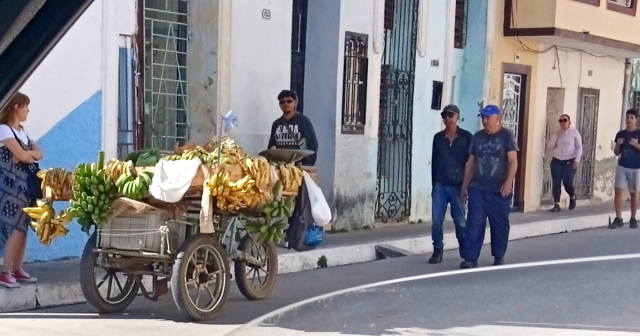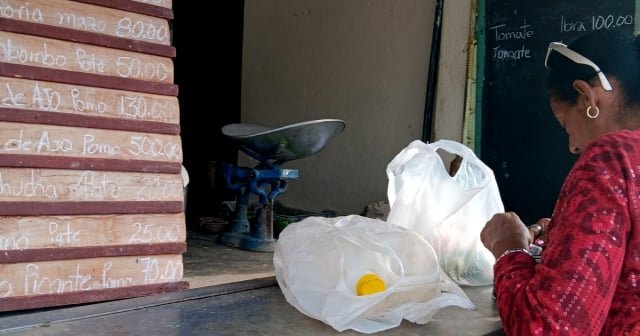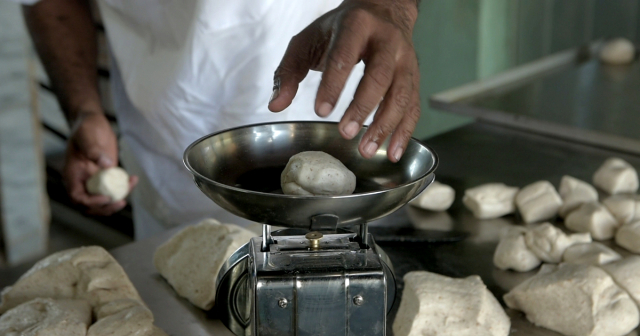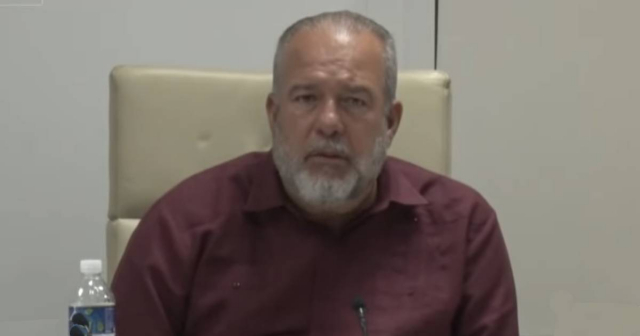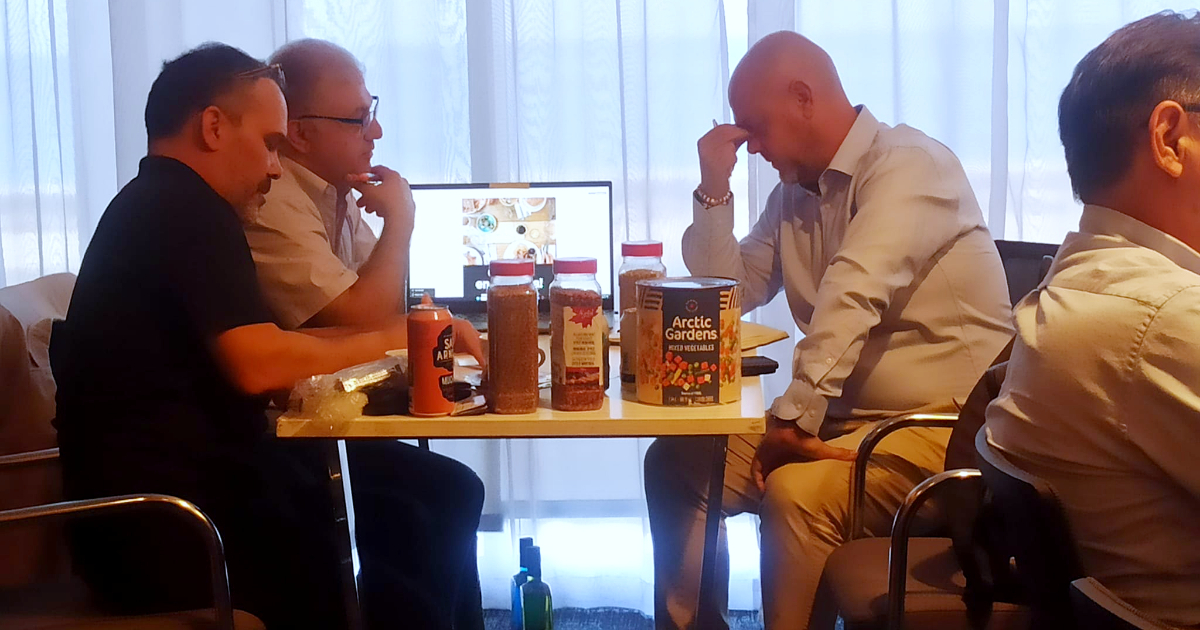
The Deputy Minister of Finance and Prices of Cuba, Lourdes Rodríguez Ruiz, held a tense meeting with entrepreneurs and managers of SMEs to inform about the government's decision to cap the prices of basic necessity products sold in the retail network.
A recording obtained by the independent outlet elTOQUE revealed the tense atmosphere in which the meeting unfolded, with critical interventions from the "new actors of the economy" and expressions of discontent with the government's policies to contain inflation.
"If they want essential products to continue entering, this is not the way," warned an entrepreneur about the decision to set price limits on six basic products sold by the private sector. "I am not going to pass on the uncertainty to the foreign supplier," he argued.
The recording published exclusively by elTOQUE captured the discontent of the entrepreneurs, the confusion of the authorities, and other important pieces of information, not recognized or assumed previously by the Cuban government, such as the inflation in 2024 maintaining a similar trend to that of 2023, despite all the "measures" and "efforts".
"We need to regulate six articles, not for a significant decrease in prices, but to contain those prices in the economy," Rodríguez Ruiz told the attendees. The buzz about this decision has been sounding since the end of last year when the Minister of Finance and Prices, Vladimir Regueiro Ale, announced on the televised Roundtable a regulation of maximum prices for certain basic products, regardless of who commercializes them."
According to the deputy minister, the Cuban regime is working on a "future" centralized pricing system that will begin with chicken, oil, powdered milk, pasta, sausages, and powdered detergent. State intervention in price formation would be offset for entrepreneurs with a tariff exemption on imports.
In the recording of more than two hours, several of the "new actors" were heard questioning the "methodology" applied by the government, explaining that prices vary from one day to another for several reasons, including the exchange rate at the national and international level.
In addition to the variability of prices and exchange rate, entrepreneurs promoted by the Cuban government itself pointed out the impact that the decision to "cap prices" on imports and relationships with foreign suppliers could have.
In that sense, they expressed that imposing price caps is not an incentive for the entry of essential products. Furthermore, they argued that they cannot pass on the price uncertainty to their foreign suppliers, which would make it difficult to ensure competitive prices and delivery security.
An entrepreneur mentioned that regulating prices without considering daily dynamics and operational costs will lead to losses in imports, resulting in shortages of essential products such as milk, oil, and chicken. The proposed prices are not profitable for commercialization, directly affecting the availability of these products in the market, he assured.
Likewise, business owners questioned why it is intended to cap prices in the private sector while stores in Freely Convertible Currency (MLC) operate with profit margins of over 200%. They pointed out that these stores sell the same products as SMEs at higher prices, creating unfair competition and distorting the market.
Another critical point was the cost of transporting goods from the ports to the territories. Entrepreneurs claimed to rely on private carriers due to the lack of fuel and operational issues in state transportation, significantly raising costs and impacting pricing formation and the profitability of their businesses.
The lack of clarity and fragmented information about the implementation of price caps has created uncertainty among business owners, who have decided not to open their businesses until they have clarity on the new regulations. This is due to confusing and contradictory announcements, as well as delays in official communication about the rule.
Finally, although the vice minister mentioned that the regulation would be temporary and that the government's policy aims towards decentralization, the entrepreneurs expressed concern about the authorities' recurring tendency to centralize prices, which creates distrust and confusion among entrepreneurs.
In mid-March, Cuban ruler Miguel Díaz-Canel stated that with his package of economic measures to "correct distortions and reinvigorate the economy," prices will continue to be high, but that they would not allow "abusive or speculative pricing."
At a meeting of the Ministry of Finance and Prices (MFP), the First Secretary of the Central Committee of the Communist Party of Cuba (PCC) also warned about the need to carry out more effective price checks in order to address abuse and speculation.
"The prices are going to be high, because today we have structural supply and demand problems, but what we cannot allow is for there to be abusive and speculative prices as they are being set, whether in state or non-state entities," stated the ruler.
With uncontrollable inflation and without a viable plan to stabilize the country's economy, Díaz-Canel urged MPF officials to search for price control measures. "It would be very necessary for us to have no abusive and speculative prices, because that builds confidence in the population," he stated.
What do you think?
COMMENTFiled under:


